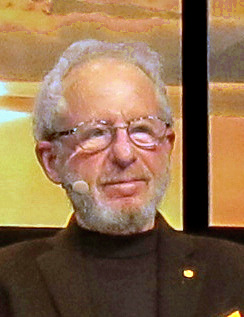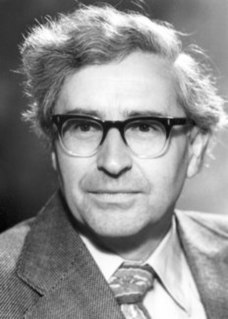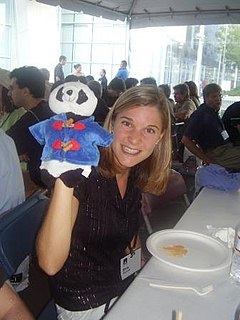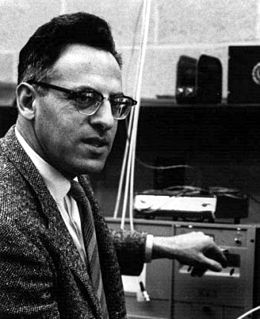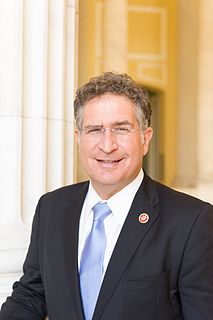A Quote by Philip Kitcher
After two years of undergraduate study, it was clear that I was bored by the regime of problem-solving required by the Cambridge mathematical tripos. A very sensitive mathematics don recommended that I talk to the historian of astronomy, Michael Hoskin, and the conversation led me to enroll in the History and Philosophy of Science for my final undergraduate year.
Related Quotes
My undergraduate years at the University of Nebraska were a special time in my life: the combination of partying and intellectual awakening that is what the undergraduate years are supposed to be. I went to the university with the goal of becoming an engineer; I had no concept that one could pursue science as a career.
The first and foremost duty of the high school in teaching mathematics is to emphasize methodical work in problem solving...The teacher who wishes to serve equally all his students, future users and nonusers of mathematics, should teach problem solving so that it is about one-third mathematics and two-thirds common sense.
I fear - as far as I can tell - that most undergraduate degrees in computer science these days are basically Java vocational training. I've heard complaints from even mighty Stanford University with its illustrious faculty that basically the undergraduate computer science program is little more than Java certification.
I believe that a core problem with undergraduate education, especially at research universities like Harvard, Stanford, NYU, etc, is that most teaching is done by PhDs, who by temperament, training, interests, and rewards are researchers first. So they spend most of their time and energy probing a snip of a field's cutting edge. In my view, the attributes needed to be a transformative undergraduate instructor are pretty orthogonal to that. It would seem that undergraduate education would be superior if there was a separate track for teaching faculty.
I took a break from acting for four years to get a degree in mathematics at UCLA, and during that time I had the rare opportunity to actually do research as an undergraduate. And myself and two other people co-authored a new theorem: Percolation and Gibbs States Multiplicity for Ferromagnetic Ashkin-Teller Models on Two Dimensions, or Z2.

